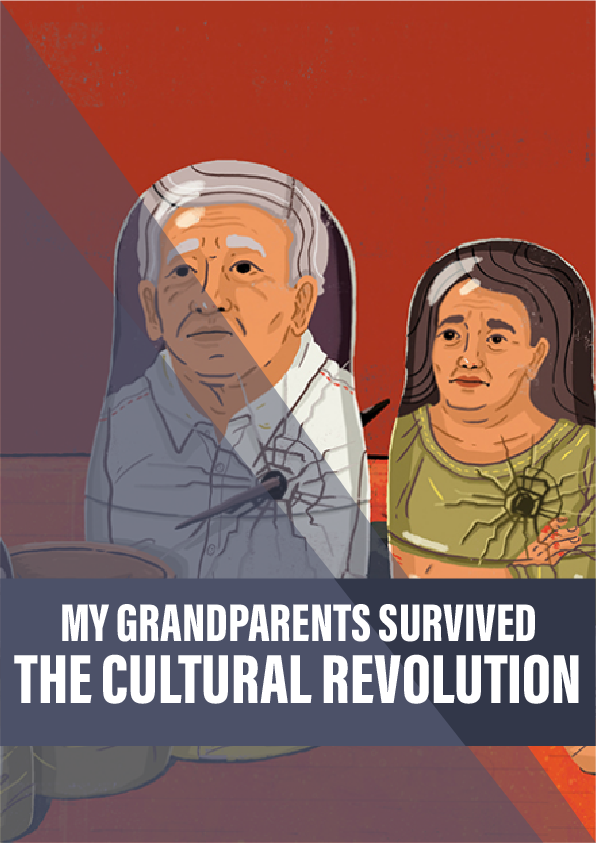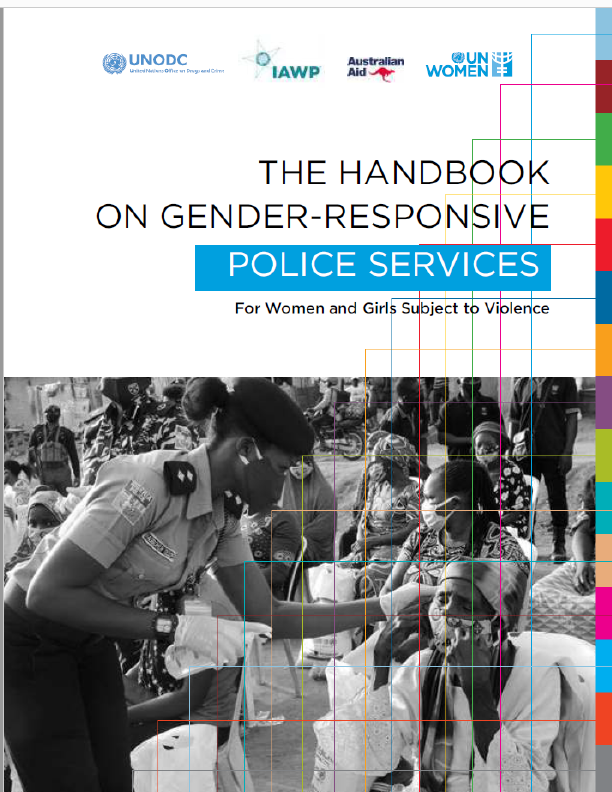One night in February 1970 in eastern China, 16-year-old Hongbing Zhang washed dishes and idly listened as his parents squabbled over how they knew a man who stopped by to play chess. Suddenly, his mother spat out a dangerous opinion: “The verdict should be reversed for Shaoqi Liu.”
Shaoqi Liu had been one of the most powerful men in communist China. But he disagreed when Mao allocated farming land to the production of steel, contributing to a famine that killed at least 30 million people. Liu was criticised, beaten and put under arrest a year after the start of Mao’s Cultural Revolution in 1966. By the end of 1969, he was dead.
Zhang had been taught that only a class enemy would support a denounced figure. In his eyes, his mother transformed into a monster: her face turned green and her teeth grew into fangs, dripping with blood. “You traitor,” he said. “Shaoqi Liu was a public mortal enemy and was executed and you’re still defending him!”
“Mao Zedong is the traitor and public mortal enemy,” his mother replied. She told him the party had changed and that Mao was promoting individual worship. “Son,” she said, “you don’t know about class struggle.”
Zhang’s father threatened to turn his wife in, but it was Zhang who found a piece of paper and wrote: “My biological mother, Zhongmou Fang, is related to a landowner. Her father was a counter-revolutionist. She tried to reverse the verdict for Shaoqi Liu and viciously attacked Chairman Mao.”
It was snowing as he walked to a military representative’s house and slipped the note under the door. When he got home, his uncle was pleading with Fang to take back what she had said. She knocked down Mao’s portraits from the walls and slammed the door to her room. The family smelled burning paper.
Reference:











